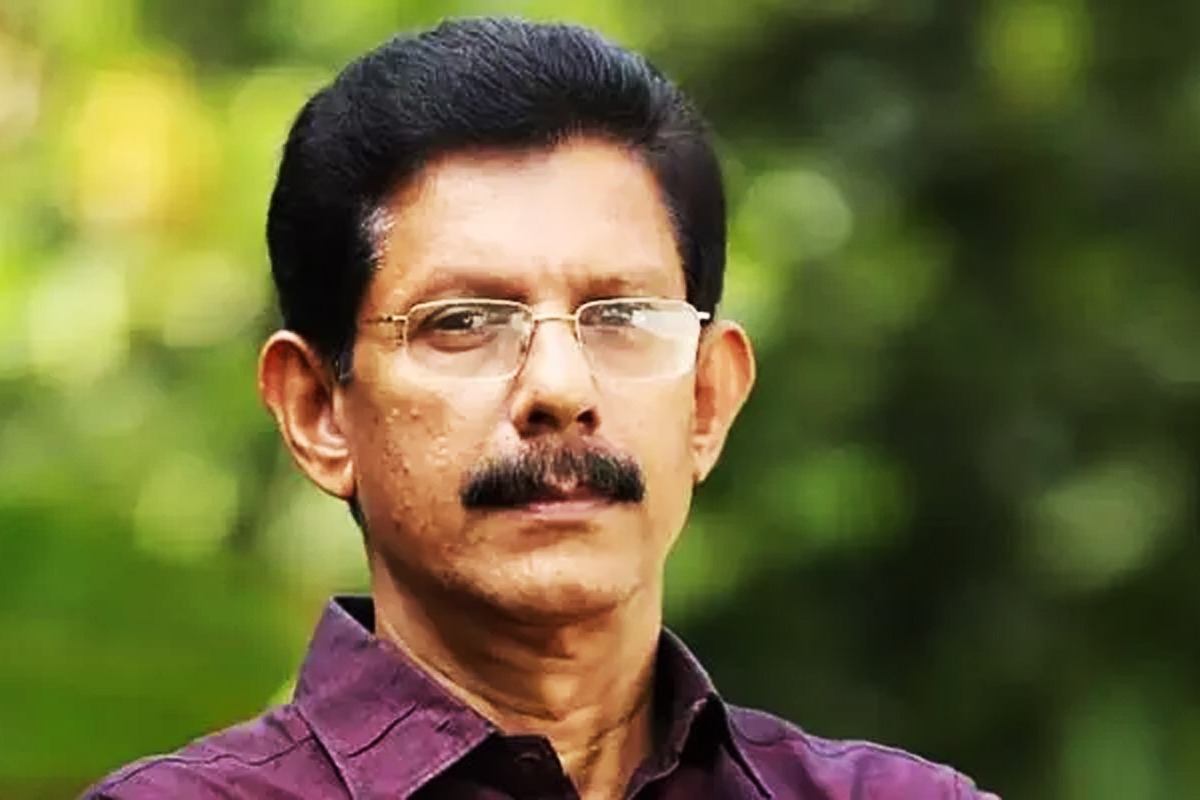In the protracted pursuit of justice surrounding the heinous attack on Malayalam professor TJ Joseph in 2010, recent developments underscore the complexity of the case and the glaring delay in holding all responsible parties accountable. The arrest of the prime accused, Savad, after 13 years of evading the law, brings to light a troubling narrative of false identities, family life, and the failure of the justice system.
Savad’s ability to lead a clandestine life for over a decade, adopting a false identity as Shahjahan, raises serious questions about the efficacy of law enforcement and the mechanisms in place to track and apprehend fugitives. His marriage and integration into the community as a carpenter in Beram, under the guise of an alternative persona, emphasize the challenges faced by authorities in addressing cases that involve individuals skilled in evading detection.
The National Investigation Agency’s (NIA) persistent pursuit of Savad culminated in his arrest from a rented home in Mattannur municipality, shedding light on the extensive efforts invested in bringing him to justice. However, the broader investigation delves into the intricate web surrounding Savad’s false identity, raising concerns about the potential involvement of political party leaders in aiding him over the years.
The revelation that leaders from the Popular Front of India and the Social Democratic Party of India (SDPI) might have played a role in assisting Savad, providing him with employment and shelter, introduces a disturbing dimension to the case. The NIA’s involvement and the seizure of a phone and SIM card from Savad’s residence signal a broader conspiracy that extends beyond individual acts of violence.
While the authorities are meticulously examining the circumstances surrounding Savad’s hidden life, the victim, TJ Joseph, remains adamant that the true conspirators behind the brutal attack have yet to face justice. Joseph’s belief that the orchestrators who planned the assault, including those who dispatched Savad, have not been included in the case highlights the gaps in the investigative process.
The delays and shortcomings in resolving the case have broader implications for the quest for justice in such high-profile incidents. Joseph rightly emphasizes the urgency of apprehending the real conspirators to prevent a recurrence of similar criminal and terrorist activities. The failure to bring all involved parties to justice not only perpetuates a sense of insecurity but also erodes public trust in the legal system.
The prolonged delay in delivering justice in the TJ Joseph case serves as a stark reminder of the systemic challenges and gaps in addressing complex criminal conspiracies. Investigative agencies must expedite their efforts to uncover the entire truth, ensuring that all perpetrators, including the masterminds behind the attack, are held accountable. Justice delayed must not be justice denied, and the resolution of this case should catalyze systemic improvements in the pursuit of justice.









